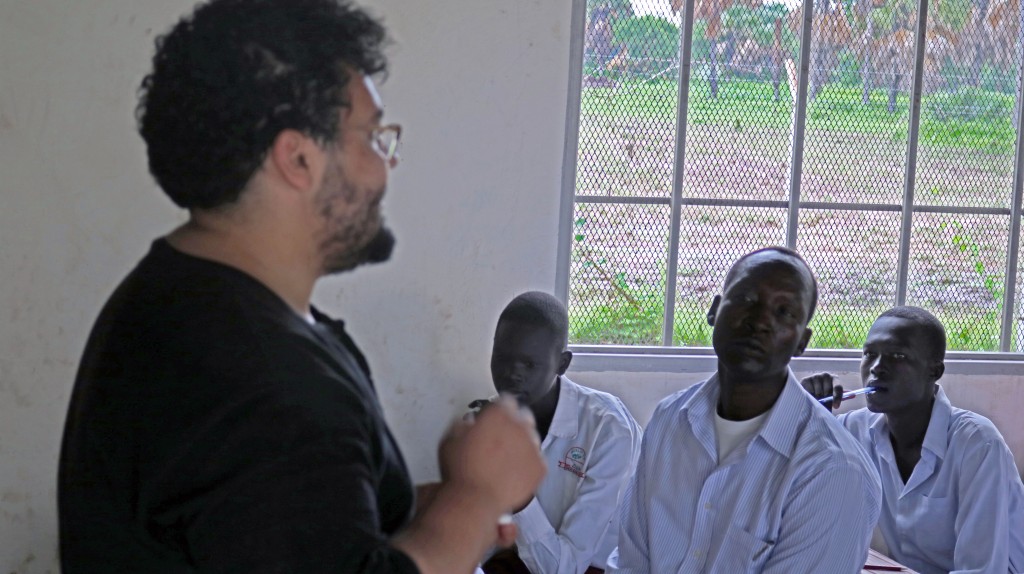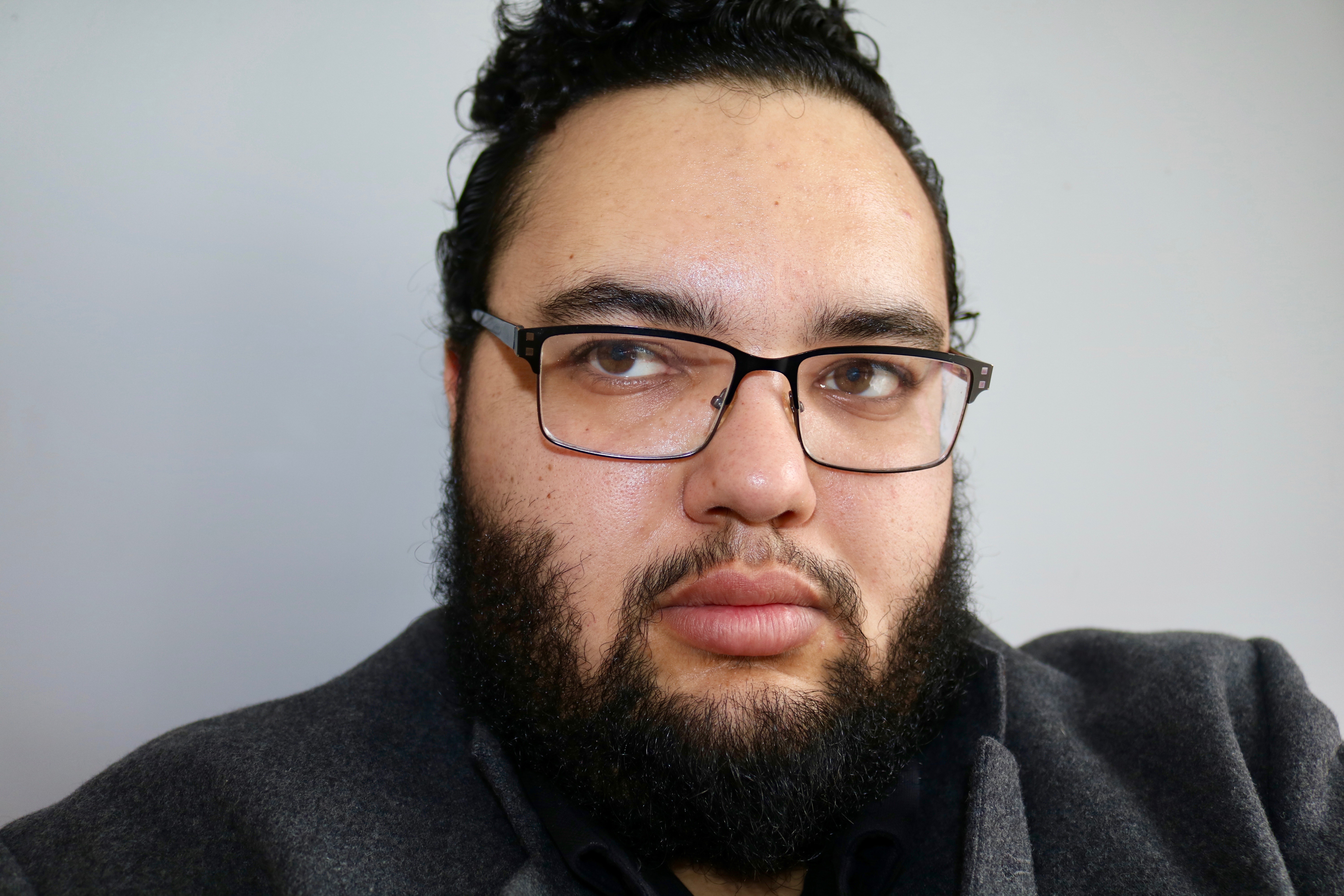
I’m lucky enough to work with a nonprofit that operates a secondary school in Rumbek, South Sudan.
The UN put out an article about one of the clubs they’re involved with at the school, detailing how students in that club are trying to forge peace and ignore ethnic differences and the concomitant allegiances which have so often proved toxic.
Some choice quotes:
“The first time I met him,” says a beaming Laat Luka, looking up at his friend Daniel Deng Joseph, “I did not know him; but we later got to know each other through our school work. I was good in English and he was good in Mathematics, so he would help me with the numbers and I would help him with verbs.”
His friend is just as happy as Laat about their robust partnership.
“I was really surprised that there is someone who is not from my tribe who can bring me up like this,” Daniel Deng Joseph says and adds:
“Now we do not worry about which tribes we are from,” he said. “We are friends, we are brothers, and we are a family.”
Laat, Daniel and the other students have also been encouraged to act as ‘agents of change’ and relay messages of peace to their families and communities.
Though the article is quite old at this point, I thought I’d offer because it touches on one of the reasons I’m so proud to be on the board of Abukloi. And that means something to me, not only because the work we do has a real impact, but because I have to swallow certain things to do that work.
For instance, I’m a secularist and an atheist, and I am suspicious of religion in almost any form. Nonetheless, Abukloi is operated by former ministers out of a Methodist Church and– to my annoyance– offers instruction that is sometimes tinged with religious sentiment (common for the country).
But the aims of that school have been secular and largely positive. It has an unusually high female student population. Of 365 students when I started writing this, 108 were girls (the figure has since gone up, I believe I’m right in saying). More than statistics, though: it is creating a culture where women are valuable for more than the dowry they might fetch or the children they might birth.
It is also an organization which actively pushes self-sufficiency for the South Sudanese. One small example of this is the way in which we have offered micro-loans for small businesses for students in the community. Several of those businesses have done relatively well.
The reputation of the school has continued to increase and it is a very good thing for the community; mostly due to the work of other members of the board and school I must admit, but still. To listen to Abukloi’s founder and a very good friend of mine, Angelo Maker, is to observe how much impact his dream has had on the region. Angelo went to school under trees drawing notes with sticks in the dirt. Thanks to the work of him and the community, some South Sudanese children don’t have to. It is early days, but it is a start.



